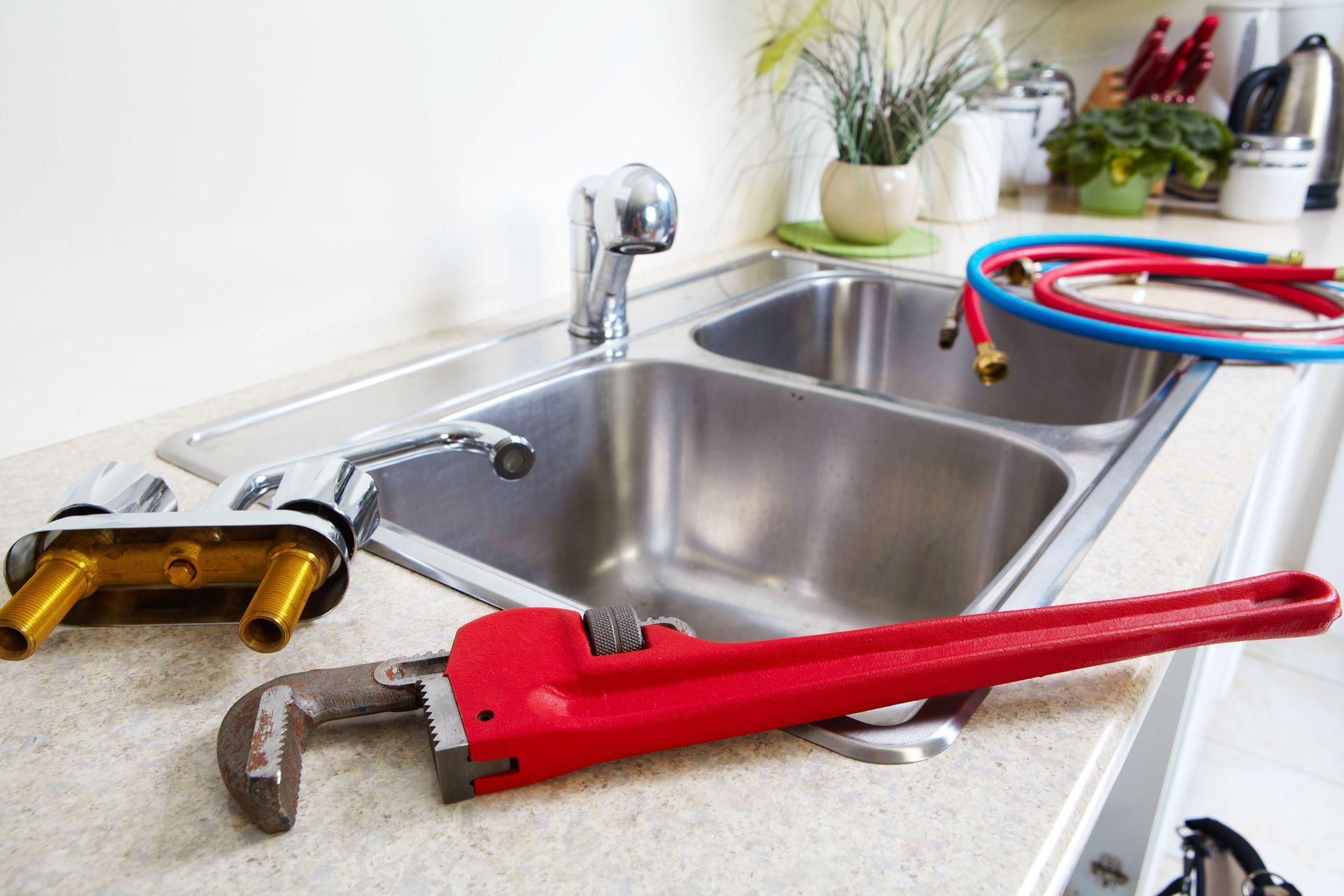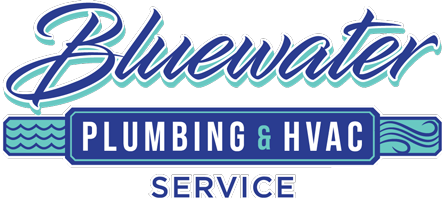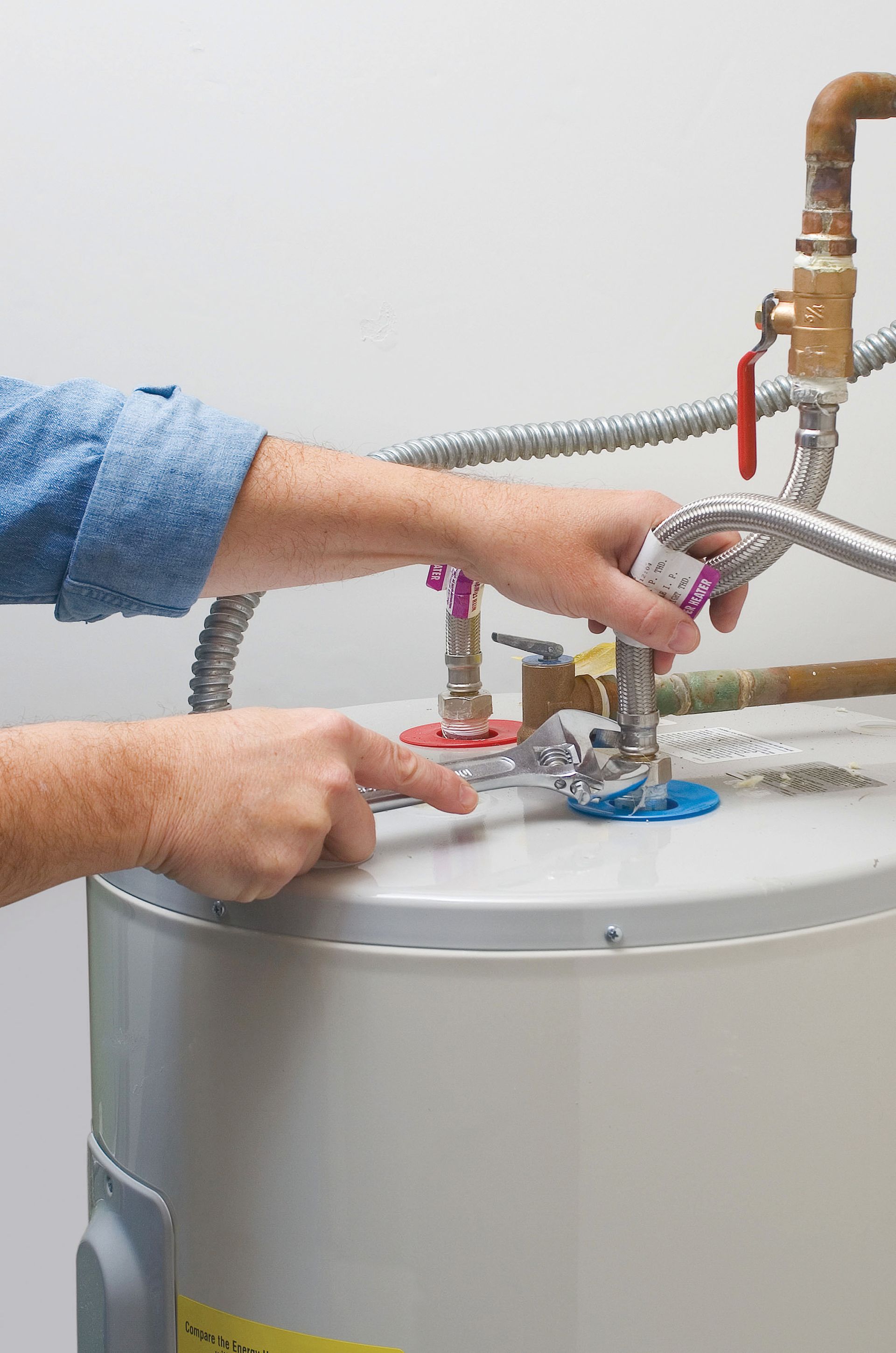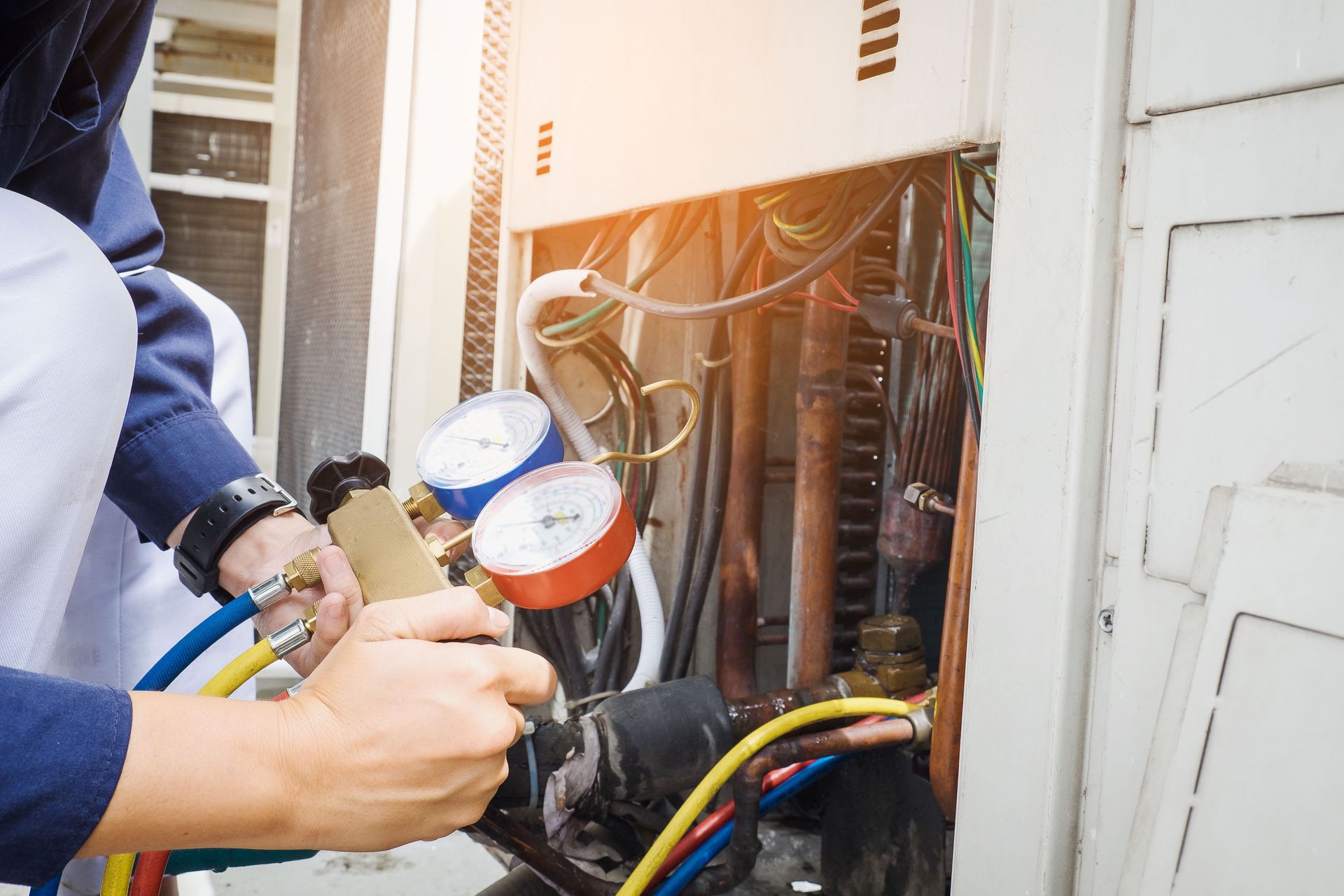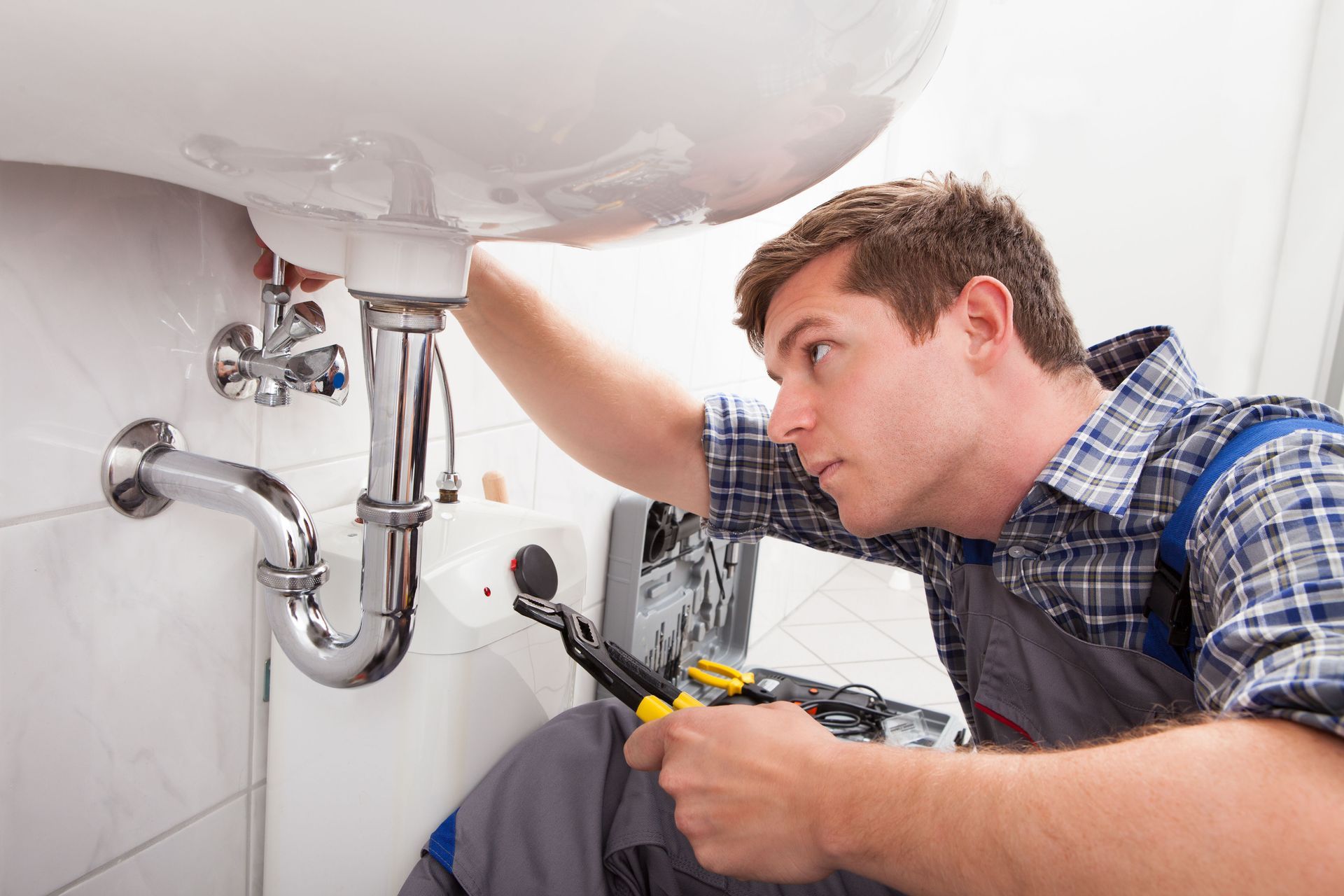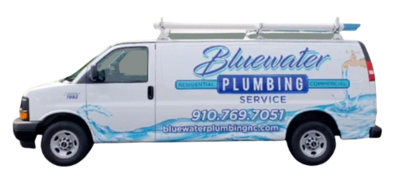November 21, 2025
Clogged drains are a common household and commercial issue, often leading to inconvenience and costly plumbing repairs. Fortunately, proactive strategies and expert intervention can prevent these problems before they escalate. Understanding the underlying causes of blockages and the measures plumbers take to prevent them is essential for maintaining a safe and efficient plumbing system. By addressing potential risks early, property owners can avoid emergencies and protect their plumbing investment.
Plumbers play a vital role in ensuring drains function properly and efficiently. With specialized training and knowledge of plumbing systems, they implement preventive measures that keep water flowing smoothly. Regular inspections, proper installation techniques, and routine maintenance are just a few ways plumbers mitigate the risk of clogs. Recognizing the importance of these strategies helps homeowners and business owners make informed decisions about plumbing care.
Identify Potential Clog Sources
Plumbers begin by identifying common sources of drain clogs, which often include hair, grease, food particles, and foreign objects. By understanding which materials typically accumulate in drains, they can create strategies to prevent blockages. This process also involves inspecting the plumbing system for areas where debris is likely to gather, such as traps, bends, and pipe junctions. Early identification allows plumbers to intervene before small issues turn into larger problems.
In residential settings, kitchen and bathroom drains are most susceptible to clogging. Grease poured down kitchen sinks can harden and stick to pipe walls, gradually restricting flow. Hair and soap buildup in bathroom drains can similarly lead to slow drainage or complete blockages. Plumbers use specialized tools such as cameras and pipe scopes to detect these problem areas, ensuring targeted maintenance. Preventing clog sources at their origin reduces the likelihood of repeated drain problems over time.
Install Effective Drain Protection
Plumbers often recommend installing drain protection devices to minimize debris entry into pipes. Strainers, screens, and trap guards are common solutions for residential and commercial drains. These devices act as barriers, capturing particles before they can accumulate inside the plumbing system. By preventing debris from entering the pipes, plumbers significantly reduce the chances of clogs and the need for costly interventions.
In commercial or high-traffic areas, more robust systems may be installed, such as grease traps or sediment filters. These devices are designed to handle larger volumes of waste while protecting the underlying plumbing infrastructure. Regular monitoring and maintenance of these devices ensure that they remain effective, preventing potential blockages and maintaining system efficiency. By investing in preventive protection, property owners can extend the lifespan of their plumbing systems.
Schedule Regular Maintenance
Routine maintenance is a cornerstone of clog prevention. Plumbers recommend regular cleaning of pipes and drains to remove any early-stage buildup. According to Modernize, preventative drain cleaning every one to two years can help prevent expensive plumbing emergencies. By keeping the plumbing system clear, plumbers maintain optimal flow and minimize the risk of backups that can damage property or disrupt daily operations.
Maintenance schedules may vary depending on usage, pipe materials, and environmental factors. For example, homes with older plumbing or heavy use may require more frequent cleaning, while newer systems can often be maintained with standard yearly inspections. Plumbers may employ techniques such as hydro-jetting, snaking, or chemical treatments to clear debris effectively and safely.
Educate Homeowners on Proper Drain Use
Plumbers also focus on educating property owners about behaviors that contribute to clogs. Simple habits, like avoiding pouring grease down sinks or flushing inappropriate items, can prevent significant problems. By teaching proper drain usage, plumbers empower individuals to play an active role in maintaining their plumbing systems. Education complements technical interventions, creating a holistic approach to clog prevention.
In kitchens, homeowners are encouraged to scrape food scraps into the trash rather than washing them down the sink. Bathroom drains should be equipped with hair traps, and only appropriate materials should be flushed. Plumbers often provide guidance on which cleaning products or methods are safe to use, preventing damage to pipes and reducing the risk of chemical buildup. By fostering awareness, plumbers reduce the frequency of emergency calls and improve overall system performance.
Inspect and Upgrade Plumbing Infrastructure
Older plumbing systems often face unique challenges that make them more prone to clogs and backups. Corrosion, mineral buildup, and outdated pipe materials can reduce water flow and create areas where debris accumulates. Plumbers conduct comprehensive inspections using advanced tools like video pipe scopes and pressure monitors to detect these vulnerabilities. By identifying weak points, misaligned joints, or hidden damage, they can recommend precise interventions before minor issues escalate into expensive repairs. Preventive inspections also allow plumbers to anticipate future problems and create maintenance schedules tailored to each system’s specific needs, ensuring long-term reliability and efficiency.
Upgrading plumbing infrastructure can dramatically improve drainage performance and reduce clog risks. Plumbers may replace old galvanized or cast-iron pipes with modern materials like PVC or PEX, which resist corrosion and scaling while offering smoother water flow. In addition, reconfiguring pipe layouts to minimize sharp bends and installing additional cleanouts or larger-diameter pipes can make maintenance easier and prevent blockages. These enhancements not only address existing weaknesses but also prepare the system to handle increased water usage or new appliances. By proactively investing in infrastructure upgrades, property owners benefit from a more durable, efficient, and clog-resistant plumbing system.
Use Camera Inspections to Detect Hidden Issues
Plumbers increasingly rely on camera inspections to identify hidden problems within plumbing systems. These inspections involve sending a small, flexible camera through drains and sewer lines to visually assess pipe conditions. This method allows professionals to detect blockages, cracks, leaks, and other issues that are not visible from the surface. By pinpointing problems early, plumbers can implement targeted solutions without the need for invasive or disruptive procedures.
Camera inspections are particularly valuable for recurring clogs, slow drains, or unexplained water damage. They also help locate tree root intrusions, misplaced objects, and areas with mineral buildup. Regular use of this technology as part of preventative maintenance can save time, reduce repair costs, and extend the life of plumbing systems. By providing a clear view of what is happening inside pipes, camera inspections give both plumbers and property owners a precise understanding of system health and potential risks.
Monitor Compliance and Regulations
Plumbers must also ensure that plumbing systems comply with local codes and regulations regarding drainage and water safety. Adherence to these standards helps prevent issues caused by improper installation or system modifications. Compliance ensures that systems operate safely and reduces liability risks for property owners. Regular inspections and documentation of compliance are integral to maintaining high standards of plumbing performance.
By staying informed about updates in plumbing codes and industry best practices, plumbers maintain safe and efficient systems. They advise clients on any necessary modifications or upgrades to remain compliant. This includes proper venting, trap installations, and backflow prevention measures. Ensuring regulatory compliance not only protects public health but also safeguards the property owner from potential legal or financial repercussions.
Preventing clogged drains requires a combination of expertise, proactive maintenance, and informed behavior. Plumbers use a range of strategies, from identifying potential clog sources to implementing advanced technologies, to keep water systems flowing smoothly. Their work protects both property and health while minimizing the inconvenience and cost associated with blockages. By taking preventive action, homeowners and businesses can enjoy efficient, worry-free plumbing systems.
Engaging with knowledgeable plumbers ensures that maintenance, education, and technological tools are effectively integrated into your plumbing care. Contact us at Bluewater Plumbing Heating & Air to keep your own drains free from clogs.
